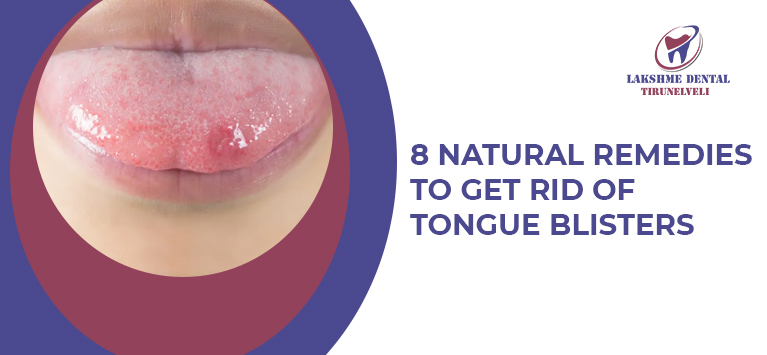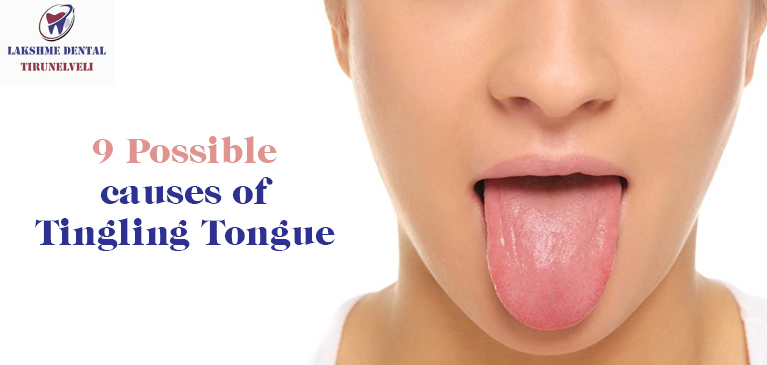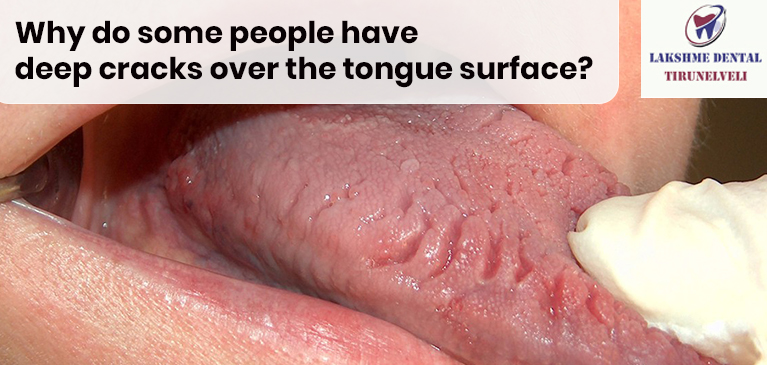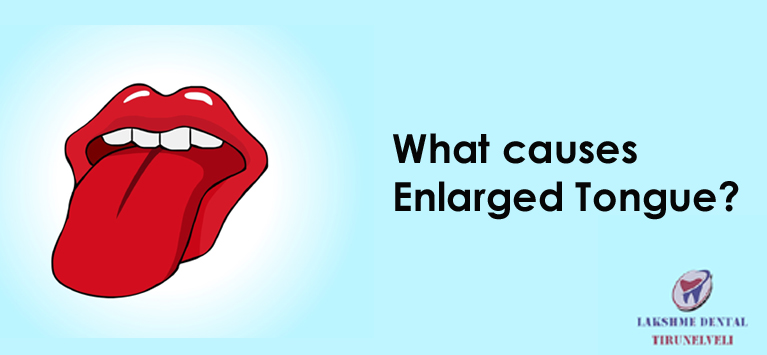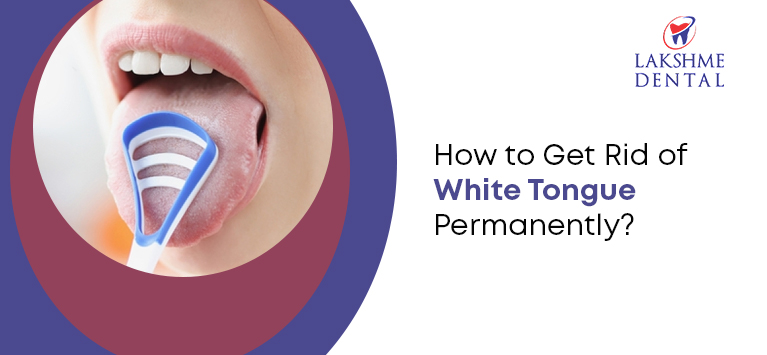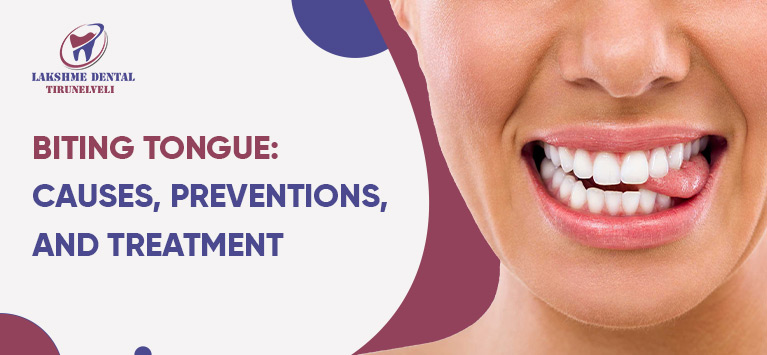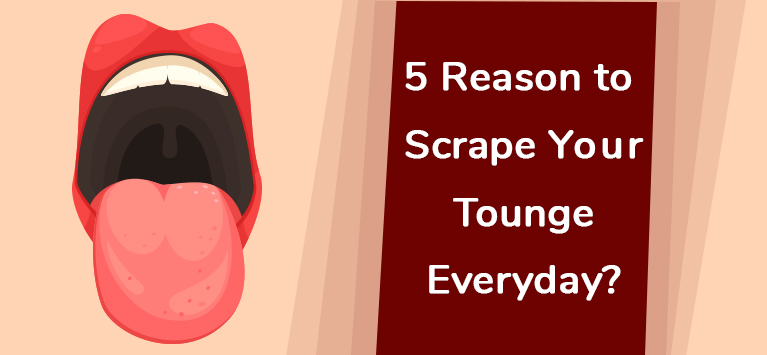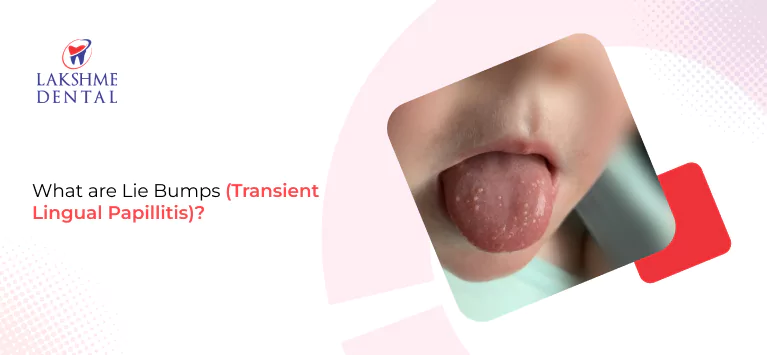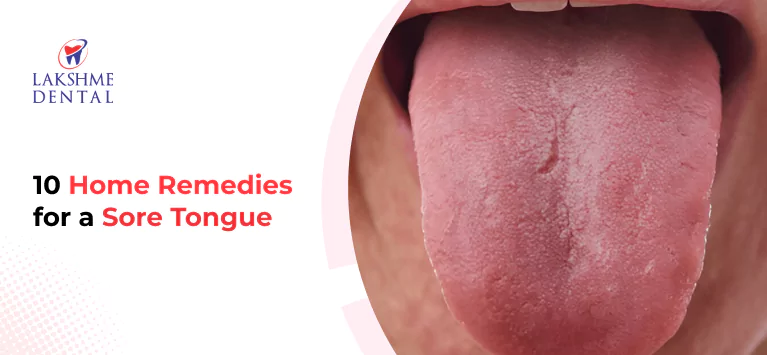
10 Home Remedies for a Sore Tongue
A sore tongue is more than just a mild annoyance. It can affect your eating, speaking, and overall comfort. From minor injuries to underlying health conditions, tongue soreness has multiple causes.
What causes a sore tongue?
A sore tongue can be caused by many different things.
Accidental Trauma
- Biting your tongue accidentally while chewing or brushing too hard can cause small cuts or bruises.
- Eating very hot food or beverages can burn the tongue’s surface.
Canker Sores (Aphthous Ulcers)
- These are small, round, and painful ulcers that can develop on the tongue or inside the mouth.
- They often develop due to stress, hormonal changes, immune reactions, or deficiencies in iron, folic acid, and vitamin B12.
Nutritional Deficiencies
- Lack of essential nutrients, especially iron, vitamin B12, and folate, can lead to glossitis (inflamed tongue) or sore patches.
- This can make the tongue feel sensitive, red, and swollen.
Oral Infections
- Oral thrush (candidiasis) caused by yeast overgrowth can lead to white patches and soreness.
- Viral infections, like herpes simplex, may cause painful blisters on the tongue.
Allergic Reactions
- Allergies to certain foods, toothpaste, or dental products can trigger tongue irritation.
- Sodium lauryl sulfate (found in many toothpaste brands) may irritate sensitive tissues.
Dry Mouth (Xerostomia)
- Insufficient saliva can cause dryness and a burning sensation on the tongue.
- It may result from dehydration, medication side effects, or health conditions like diabetes.
Stress and Hormonal Changes
- Stress can lower the immune system’s defenses and lead to mouth ulcers.
- Hormonal shifts during menstruation or pregnancy may also contribute to tongue sensitivity.
Home Remedies for a Sore Tongue
Now that we’ve covered the causes, let’s explore simple yet effective remedies for relief:
1. Saltwater Rinse
Saltwater has natural antiseptic and anti-inflammatory properties. It helps cleanse the tongue and reduce swelling.
How to use: Dissolve 1 teaspoon of salt in a cup of warm water. Swish for 30 seconds, then spit. Repeat 2-3 times daily.
2. Honey Application
Honey’s natural antibacterial and soothing properties can ease pain and speed up healing.
How to use: Gently spread a thin layer of raw honey onto the sore area. Leave for a few minutes, then rinse. Repeat 2-3 times daily.
3. Aloe Vera Gel
Aloe vera’s cooling and anti-inflammatory effects soothe irritation and promote healing.
How to use: Apply fresh aloe vera gel directly to the sore spot. Leave it for 5 minutes, then rinse. Repeat twice a day.
4. Coconut Oil Pulling
Coconut oil’s antimicrobial properties help reduce harmful bacteria in the mouth.
How to use: Swish 1 tablespoon of coconut oil around your mouth for 10 to 15 minutes. Spit and rinse. Repeat once daily.
5. Baking Soda Paste
Baking soda neutralizes acids and reduces inflammation.
How to use: Combine 1 teaspoon of baking soda with a little water to make a paste. Apply to the sore area, leave for a few minutes, then rinse. Repeat daily.
6. Chamomile Tea Compress
Chamomile is well-known for its calming and anti-inflammatory effects.
How to use: Brew chamomile tea and let the bag cool. Place it on the sore area for 5 minutes. Repeat 2-3 times daily.
7. Ice Chips
Ice helps numb the tongue and reduce swelling.
How to use: Suck on small ice chips or apply them directly to the sore area. Repeat as needed.
8. Milk of Magnesia
Milk of magnesia neutralizes acids and coats the sore area, offering relief.
How to use: Use a cotton swab to gently apply a small amount to the sore spot. Repeat 2-3 times daily.
9. Yogurt with Probiotics
Probiotics in yogurt help restore the natural balance of bacteria, especially in cases of oral thrush.
How to use: Eat a cup of plain, unsweetened yogurt daily.
10. Avoid Irritants
To prevent further irritation, avoid:
- Spicy, acidic, or crunchy foods.
- Tobacco and alcohol.
- Harsh toothpaste with sodium lauryl sulfate.
- Stress, which can trigger ulcers.
When to See a Doctor?
While most sore tongues heal within a week, seek medical attention if:
- The pain persists or worsens beyond two weeks.
- You notice white patches, fever, or swollen lymph nodes.
- There’s severe difficulty in swallowing or speaking.
Conclusion
A sore tongue can be uncomfortable, but with these natural remedies and an understanding of its causes, you can find relief and promote healing. Prioritize good oral hygiene, stay hydrated, and eat a balanced diet to keep your tongue healthy and pain-free. If the symptoms continue, see your dentist for further evaluation.

